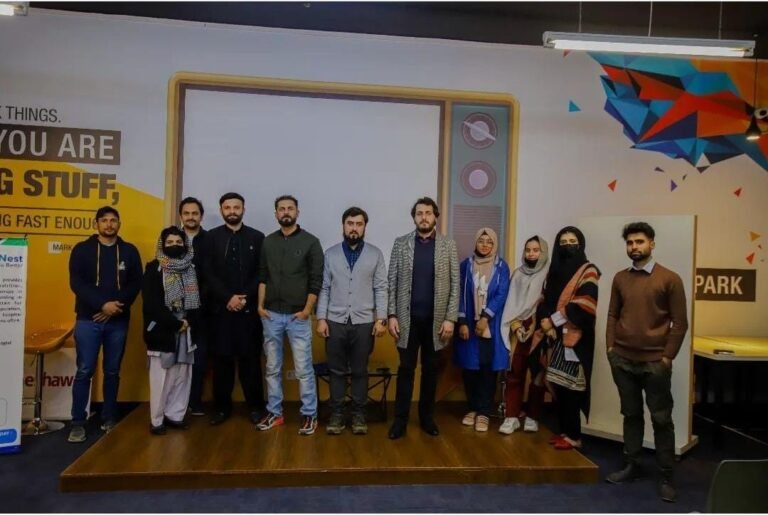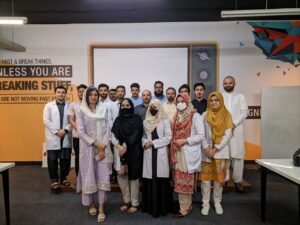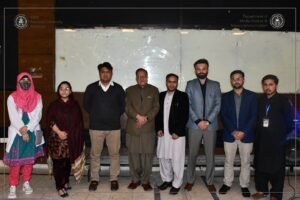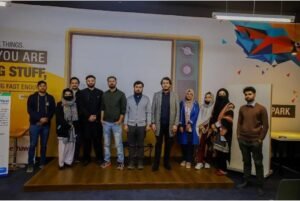Welcome to HealthNest’s Empowering Workshop on Workplace Ergonomics and enhancing physical health. At HealthNest, we firmly believe that a healthy workforce is a productive workforce. In our continuous effort to promote wellness and ensure optimal working conditions, we recently organized an insightful and engaging workshop on workplace ergonomics. This empowering event took place at the prestigious National Incubation Centre, bringing together multiple start-up’s, as well as employees from NIC community. With our expertise in physiotherapy, clinical services, home healthcare services, and elderly care, HealthNest was the perfect host for this invaluable workshop.
Unlocking the Power of Workplace Ergonomics:
Ergonomics, the science of designing and arranging the workspace to enhance efficiency, productivity, and overall well-being, is a crucial aspect of any modern workplace. Recognizing the importance of this discipline, HealthNest collaborated with leading expert in the field Dr. Waleed Khan (PT) to deliver an eye-opening workshop that shed light on the benefits of incorporating ergonomic principles into daily work routines.
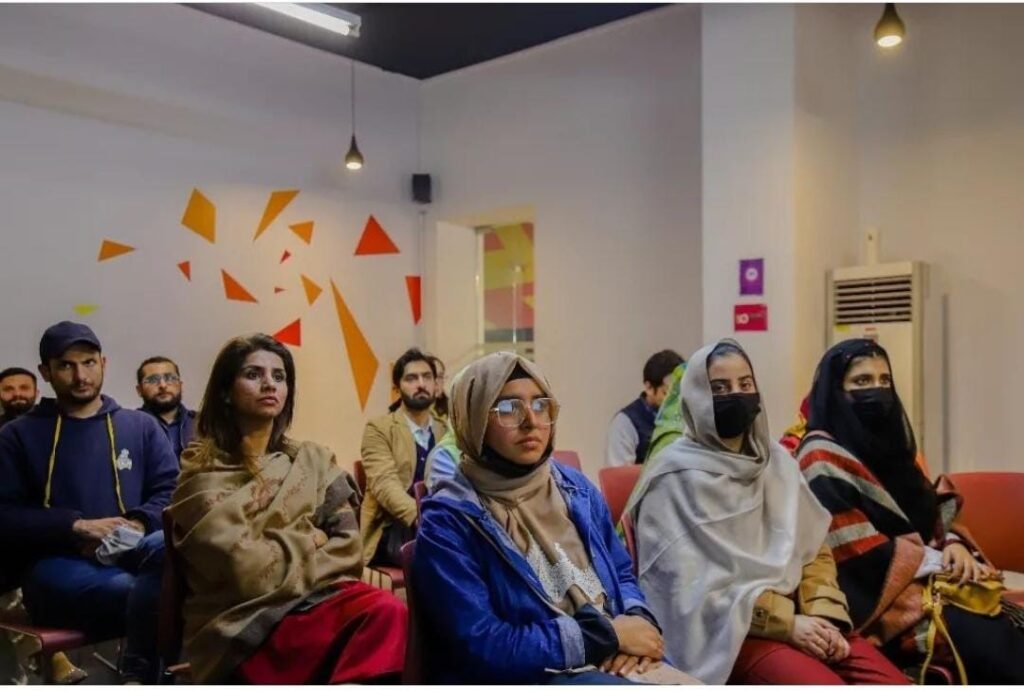
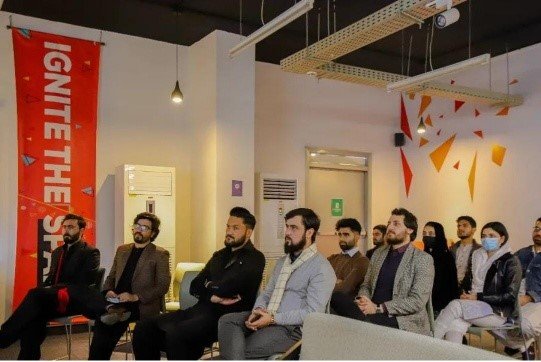
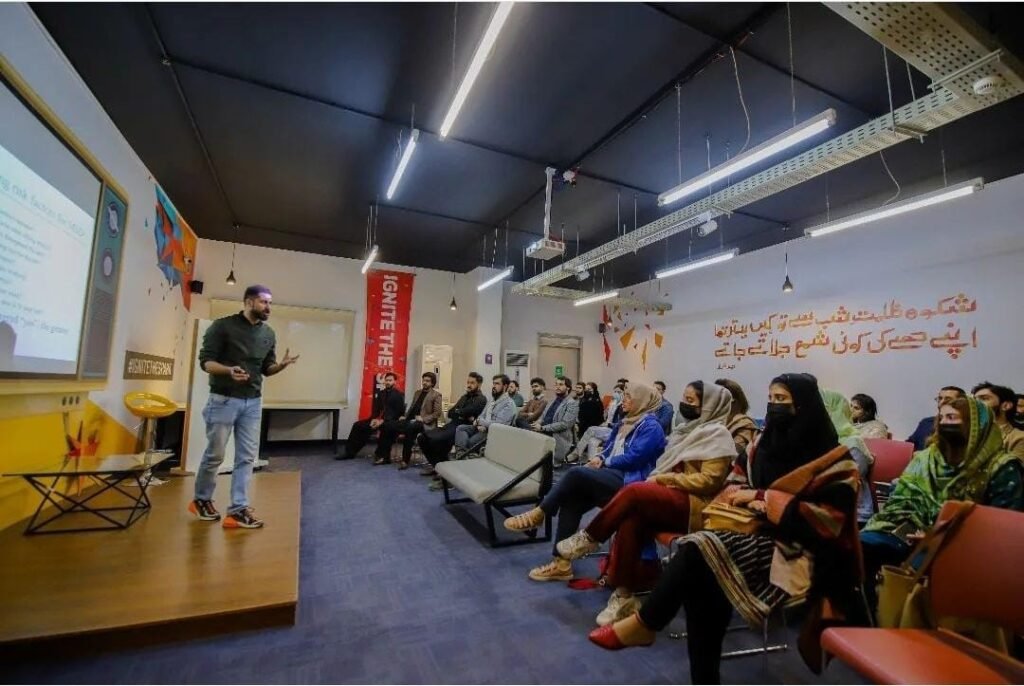
Key Topics Covered:
Understanding Ergonomics: The workshop commenced with a comprehensive introduction to ergonomics, unravelling its significance and impact on employee health and performance. Participants gained a deeper understanding of how proper ergonomics can prevent musculoskeletal disorders, reduce fatigue, and improve overall comfort.
Ergonomic Principles:
Our expert speaker Dr. Waleed Khan (PT) dived into the core principles of workplace ergonomics, providing practical insights on optimal workstation setup, correct posture, and techniques to minimize strain on the body. Participants were equipped with the knowledge to customize their work environment, be it in a traditional office or a remote setting, for maximum comfort and efficiency.
Ergonomics in Digital Age:
With the prevalence of digital devices, our workshop highlighted the importance of ergonomic practices in the realm of technology. Attendees learned about proper screen positioning, keyboard and mouse usage, and tips for avoiding common issues like eye strain and repetitive strain injuries (RSIs). The workshop emphasized the importance of taking regular breaks and incorporating stretching exercises to promote healthy habits throughout the workday.
Tailored Solutions for Special Needs:
The workshop was conducted at the National Incubation Centre, a prestigious hub for innovation and entrepreneurship. Located in Khyber Pakhtunkhwa in the city of Peshawar, the venue perfectly complemented the dynamic and collaborative spirit of the event.
Venue and Testimonials:
HealthNest, being a leading provider of physical health, clinical services, home healthcare services, and elderly care, took a holistic approach by addressing the unique requirements of individuals with special needs. The workshop discussed strategies for accommodating diverse conditions such as mobility challenges, chronic pain, and age-related concerns, empowering attendees to create inclusive work environments that prioritize the well-being of every employee.
Recap of the Workshop and Its Impact on Physical Health:
The workshop commenced with a deep dive into the importance of workplace ergonomics for physical health, emphasizing its role in preventing musculoskeletal disorders, reducing fatigue, and enhancing overall comfort and well-being. Participants gained practical knowledge on how to design their workstations to optimize physical health, including adjusting chair and desk heights, positioning computer monitors and other equipment correctly, and incorporating ergonomic accessories such as supportive chairs and ergonomic keyboards. The workshop shed light on the physical health implications of digital ergonomics, providing valuable tips on maintaining proper posture while using digital devices, avoiding eye strain, and integrating stretching exercises and movement breaks into the workday. HealthNest’s commitment to inclusivity was evident through discussions on tailored solutions for special needs. Attendees learned how to accommodate individuals with mobility challenges and chronic pain, ensuring their physical comfort and well-being in the workplace.
Conclusion:
The workplace ergonomics workshop organized by HealthNest at the National Incubation Centre was a resounding success, empowering attendees with the knowledge and tools to transform their work environments into spaces that promote well-being and productivity.
The workshop not only highlighted the importance of workplace ergonomics but also emphasized its direct impact on physical health. By prioritizing ergonomic principles, organizations can create a healthier and more productive work environment, leading to reduced risk of injuries, improved musculoskeletal health, and increased overall well-being for their employees.

